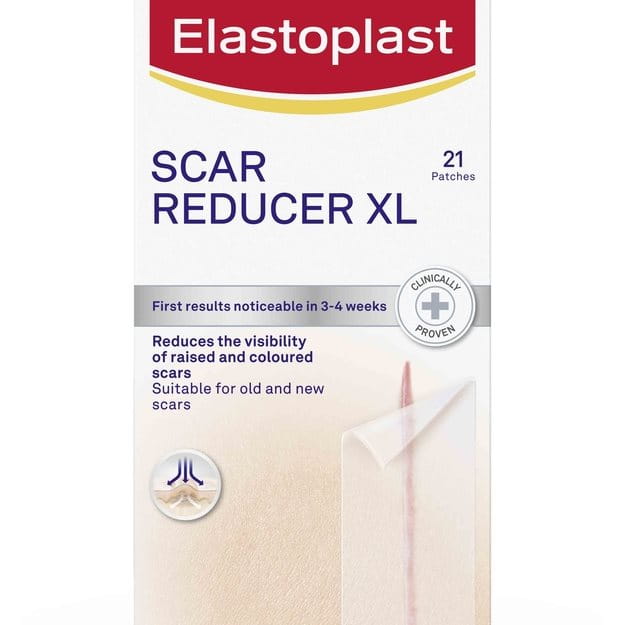Pain within the hip joint and surrounding groin area can be due to:
- A sudden fall or injury
- Gradual damaging of the cartilage in the joint over time
- Overuse of the muscles and tendons in the hip
- Arthritis, or joint swelling in cases of long-term hip pain
Regardless of what has caused the hip pain it’s important to treat the area gently to avoid any further damage.

